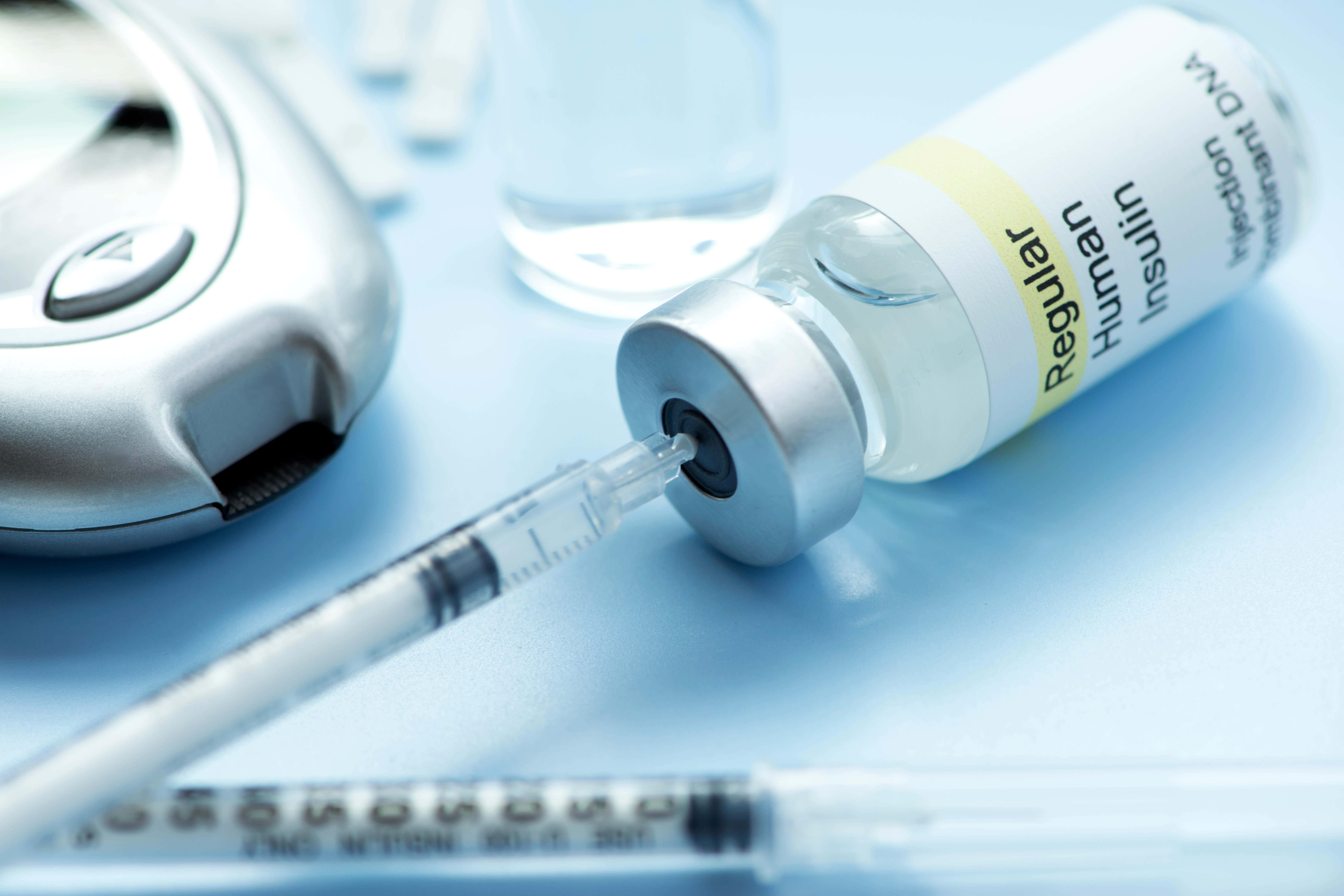Musk is allowing new medical misinformation to swarm X – and it could kill
Social media posts urging diabetics to cut down on insulin use in favour of lifestyle and diet tips are dangerously ill-informed. For a type 1 diabetic like me, the effect could be fatal, writes James Moore


I nearly fell out of my chair when I saw this tweet: “If you are diabetic, cut all carbs. The body makes it [sic] own glucose through glucogenesis. If you take carbs/sugar then you need insulin. Making the situation worse. The more insulin you take the worse your diabetes becomes.”
It all looks so reasonable, doesn’t it? Up to and including that science-y term, “glucogenesis”. So, does this mean I should just abandon 50 years of (largely) successful type 1 diabetes management, chuck the needles in the bin and join the low-carb diet craze to turn my body into a super-healthy temple? I suppose my injection sites would thank me. They tend to get lumpy (don’t ask). But my body? Not so much.
Here’s some proper science: insulin is required to metabolise carbohydrates so that the body can use them as fuel. Most people make it naturally just fine – the job is done by the islets of Langerhans in your pancreas. Normies can dig into pizza, pasta, pulses, rice and bananas without having to worry about it because insulin is part of a natural metabolic pathway that has evolved over hundreds of millions of years.
The problem comes if you happen to be in possession of an immune system that destroys your insulin-producing cells. Mine did that when I was two. I’ve been dealing with T1 ever since.
T1s use pumps or needle-topped pens (in my case) to deliver artificial stuff made by drug companies. This means you have to be careful with carbs – the build-up of sugar in your blood will destroy your vital organs and your eyes if you don’t take enough. Too much will land you in hospital with hypoglycaemia (dangerously low blood sugar).
But I’m writing this after a Pizza Express last night – and all is well. My blood sugar has been 99 per cent in range over the past week, according to the electrode in my arm that monitors it. How? Well, I simply upped my insulin a bit to cope with the pizza and it stayed in range.
Praise be to Frederick Banting, the co-discoverer of insulin and its therapeutic use. Banting won the Nobel prize in 1923, alongside John Macleod, but refused to put his name to a patent because he regarded it as unethical to do so with such a life-saver. Prior to that, your only option was a near-starvation diet. People like me didn’t live long before insulin came along in the 1920s.
Paul Sandells, a blogger and podcaster who’s known as “Diabetic Dad”, says: “If I don’t take insulin I’d be unwell within hours, hospitalised by the end of the day. Changing your diet can affect the amount you use but it’s not a simple matter. Can you afford certain diets? We all know carby, sugar-filled food is cheaper, for example.”
This is quite true. Food economics does play a role here. Some may do well on a low-carb diet. I’m not going to lecture people on how to manage their condition. But it won’t erase your insulin requirement, which is why the insulin resistance on social media is so bizarre and disturbing. It feels a bit like the anti-vax “movement” and is no less insane – or irresponsible.
Going low carb may help some people with type 2 diabetes – which usually strikes later and is sometimes linked to lifestyle. Their condition is caused by the body becoming resistant to its own insulin. But to argue that the stuff some of us have to inject to stay alive is bad and can simply be fixed by cutting carbs is horribly dangerous – and not something anyone should contemplate without first seeking medical advice.
Yet the kind of tweet making that exact claim is not at all uncommon. It is also all too often linked to sketchy low-carb diet schemes.
Listen, I’m for free speech. You can’t have democracy without it. Government regulation of people’s views is, in my opinion, generally best avoided. Musk himself declares he is a free-speech absolutist. But what about when it can kill?
We’ve already seen a wave of dangerous disinformation spread during cataclysmic events, such as Hurricane Milton; posts which, the America Red Cross warned, were hampering relief efforts and putting people’s lives at risk.
The same can be said for “anti-insulin rhetoric” sweeping social media at the moment, hot on the heels of anti-Covid jab conspiracy theories. There’s no place for it – it’s dangerous, wrong and deeply disturbing.
Insulin should not be an ideological question. The biggest problem we face is the lack of access to it in poorer parts of the world and in the US, which lacks universal health coverage – combined with the behaviour of drug companies concerning its price. (Banting would turn in his grave over that.)
Insulin disinformation could easily kill someone, especially in places where they’re weighing up the Hobson’s choice of heating a home or purchasing a life-saving treatment. Diabetes disinformation might be quieter than Covid anti-vaxxer conspiracies but it’s just as toxic.






Join our commenting forum
Join thought-provoking conversations, follow other Independent readers and see their replies
0Comments